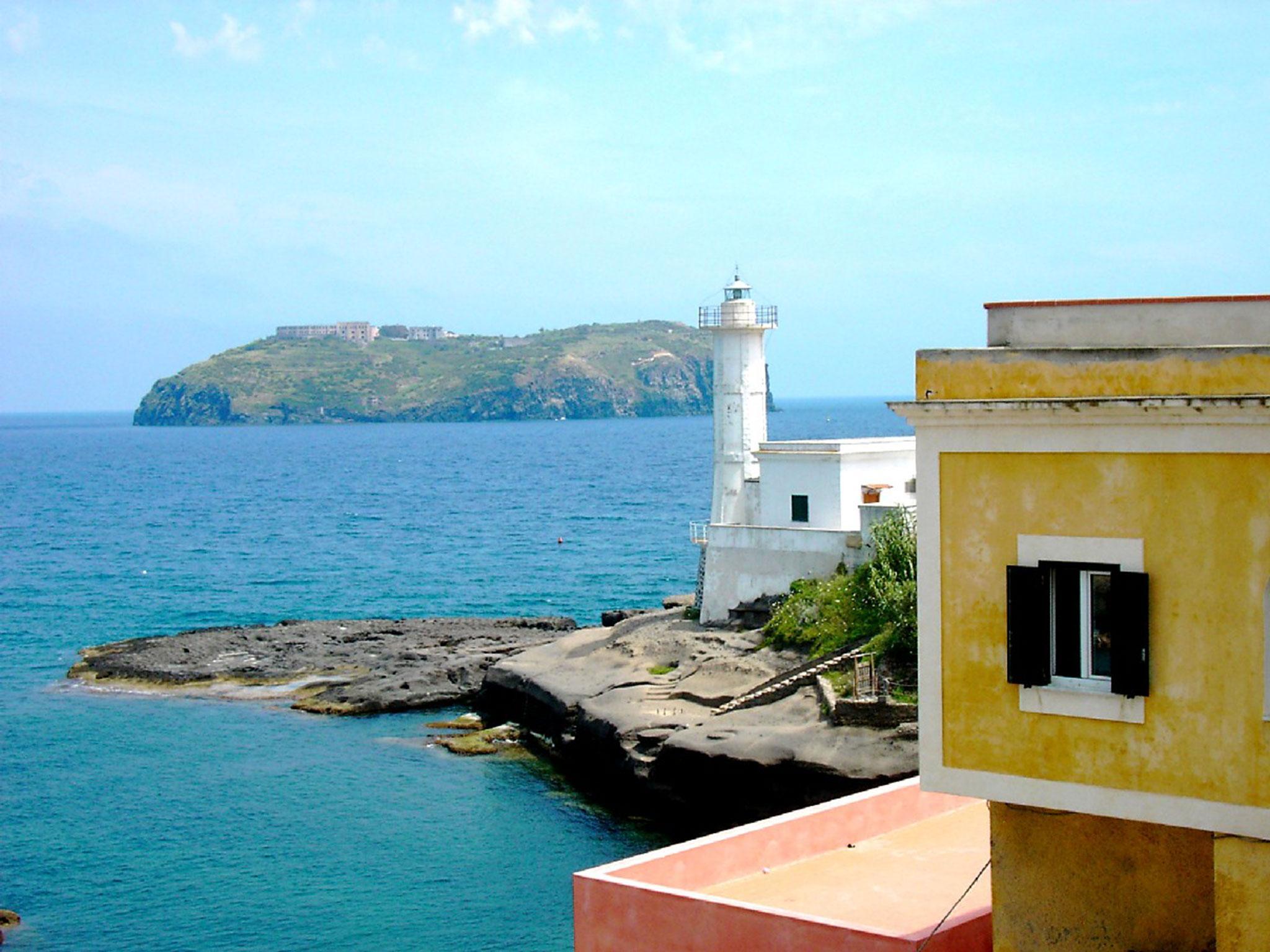Key European Union leaders to gather on Mediterranean island to plan a future without the UK
The move precedes a large summit in Bratislava and will give European leaders time to discuss post-Brexit life for the EU

The most powerful leaders of the remaining European Union states are to meet on a small Mediterranean island to discuss how to deal with the myriad issues the EU faces.
But Britain will not be attending.
Italian Prime Minister Matteo Renzi, German Chancellor Angela Merkel and French President Francois Hollande will dine in Naples before flying to the island of Ventotene.
The meeting, to be held on 22 August, will be primarily dealing with how the EU should progress in light of the recent loss of the UK from the bloc, following the country’s vote to leave on 23 June. It will serve as an opportunity for the remaining leaders to establish a common set of goals before an informal Bratislava summit on 16 September.
With the exception of Britain, representatives of all EU member states will be in Bratislava for the event, which will aim to plot a course for the bloc after Brexit.
Besides losing one of their most powerful and wealthy members, the EU must also deal with a grinding refugee crisis, terrorism, and relations with their unpredictable neighbours, Turkey and Russia.
Ventotene will is an historic venue at which to meet and has played a central role in European politics in previous eras. The island housed a jail during the Mussolini dictatorship and held numerous political prisoners. Two of its inmates were anti-fascists Ernesto Rossi and Altiero Spinelli, who in 1941 published the text For a Free and United Europe. A Draft Manifesto, which became known as the Ventotene Manifesto.
The work, circulated among members of the Italian resistance, promoted European federalism – a very radical concept for the time - as a way to prevent conflict in the region. It became very influential and inspired the Italian European Federalist Movement, giving solid political grounding to the prinicple of federalism.
Join our commenting forum
Join thought-provoking conversations, follow other Independent readers and see their replies
Comments
Bookmark popover
Removed from bookmarks